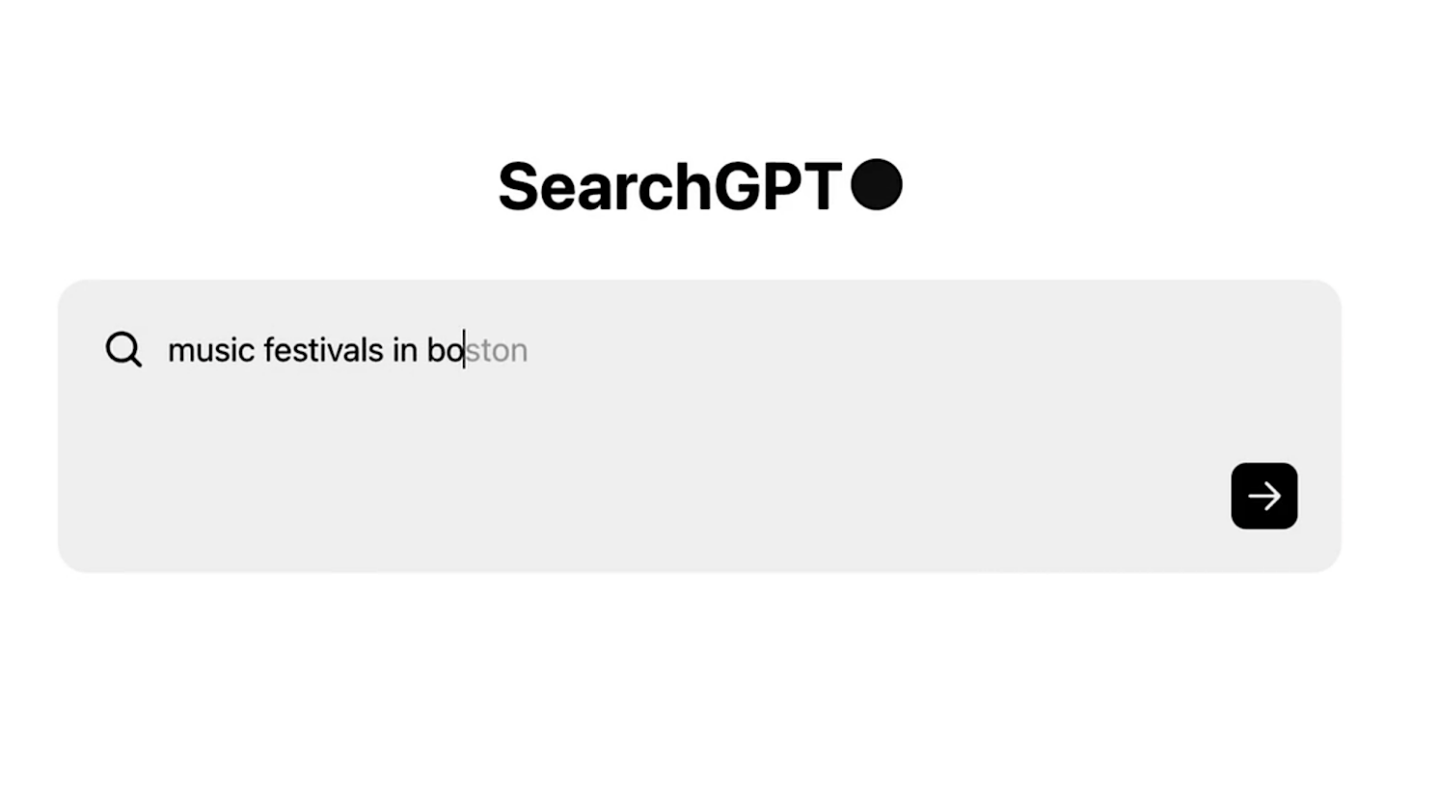AI generative text tools, like ChatGPT, train their models by analyzing vast amounts of text from the internet, a process similar to what search engines like Google do. This overlap in functionality has led to the development of SearchGPT, a new search engine from OpenAI, the creators of ChatGPT.
SearchGPT is designed to integrate the capabilities of AI with up-to-date web information to deliver quick and relevant answers, while also incorporating clear sources. Currently, it is available as a prototype, with plans to integrate its features into the broader ChatGPT ecosystem.
The rationale behind SearchGPT lies in the inherent limitations of current AI models. For example, ChatGPT-4, as of its latest update, only includes data up until April 2023. This means it cannot provide real-time information or updates beyond that period.

By incorporating indexed search data that is continually updated, SearchGPT aims to offer more current and precise information. This is particularly useful for retrieving the latest details, such as current political candidates, which ChatGPT-4 may not accurately reflect.
In response to concerns about copyright and data usage, OpenAI has taken steps to address these issues with SearchGPT. The company has acknowledged criticism regarding the use of copyrighted materials for training its models and has sought to address these concerns by partnering with publishers.
The new search engine will offer features allowing publishers to manage their appearance and ensure proper attribution in search results.
SearchGPT is presented as a temporary tool for now, with its features potentially becoming part of the ChatGPT platform in the future. This approach suggests a strategy of gradual integration, allowing OpenAI to refine the tool based on user feedback and operational experience before fully merging its capabilities with existing ChatGPT applications.
SearchGPT represents an effort to enhance the accuracy and relevance of AI-generated information by combining the strengths of AI models with real-time search data. It reflects OpenAI’s attempt to address previous criticisms and adapt its technology to better serve users by providing timely and well-sourced answers.
